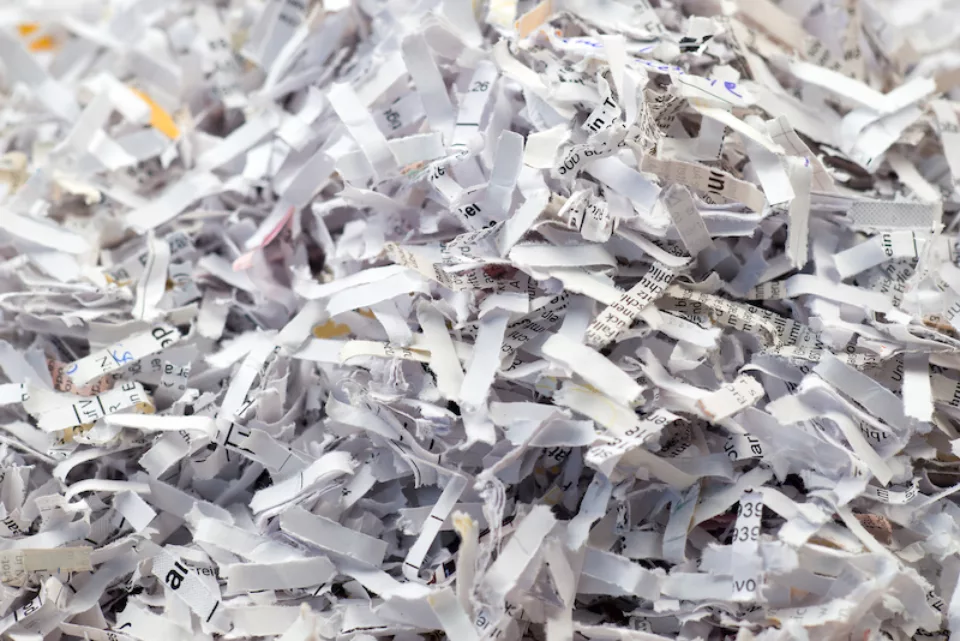Financial Records: What to Toss and When

Bank statements, credit card bills, canceled checks and other documents can be useful for tax purposes, as proof of a transaction or payment, or for other reasons. But how long should you keep them?
There is no hard and fast rule as to when it's safe to throw away financial documents. One thing to remember, though, is that federal tax rules require you to have receipts and other records that support items on your tax return for as long as the IRS can assess you additional tax.
Basically, the IRS has about six years to assess additional tax if you underreported your income by more than 25 percent. Many tax advisors recommend holding all tax records for about seven years, allowing extra time for any unforeseen delays that may have occurred in the processing of your return.
With tax considerations in mind, here are suggestions that may make sense for many people.
Credit card and bank account statements: Save those with no tax return usefulness for about a year, but those with tax significance should be saved for seven years.
Canceled checks: Those unrelated to anything you claim on your income tax form, and not needed to prove you've paid a bill or debt, probably can be destroyed after you've verified that your bank statement is correct. But canceled checks that support your tax returns, such as charitable contributions or tax payments, probably should be held for seven years.
Also, you may want to keep, indefinitely, any canceled checks and related receipts or documents for a home purchase or sale, renovations, or other improvements to a property you own. But once a home has been sold and another seven years have passed, checks related to renovations or improvements can be destroyed.
Of course, many banks and credit unions no longer return cancelled checks. If you do not get cancelled checks with your statements you may be able to request copies. The most conservative approach is to order copies of important checks soon after your statement arrives. Alternatively, you should keep the information on your bank statement to be able to order copies if you're audited in the future. (In general, banks that do not return original checks to customers are required to keep copies of checks for seven years.)
Also, if you keep records electronically, be sure to back up your data. You can store it in various ways (on CDs, flash drives and so on), but as old technology is no longer supported, you will need to transfer your old data to new media. Another option is to research different companies that provide backup and cloud storage online, either free or for a small charge.
Deposit, ATM, credit card and debit card receipts: Save them until the transaction appears on your statement and you've verified that the information is accurate. Exceptions would be receipts for expensive items. If they are under warranty or you have to file an insurance claim, those receipts may come in handy.
Finally, before tossing away any document that contains a Social Security number, bank account number or other personal information (especially financial information), shred it to avoid becoming a victim of identity theft.
For additional guidance on what records to toss and when, consult your accountant, attorney or another trusted advisor.
Contact a Trusted Advisor
For more information or to speak with one of our trusted advisors about your unique financial needs, contact us at 800-465-2265 or submit an online form.





